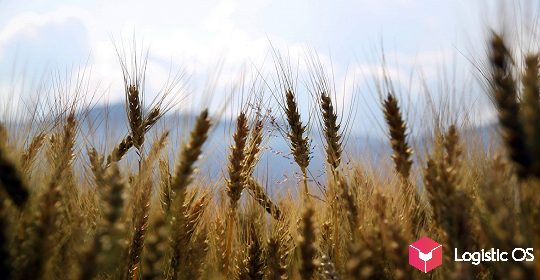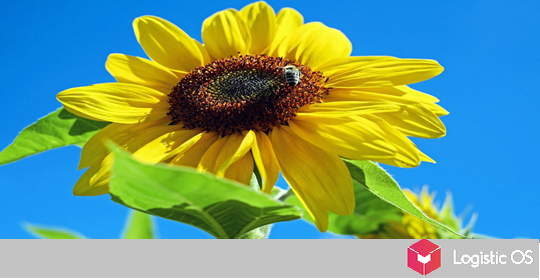The Chinese company Shandong Chuangxiang Group Co plans to invest up to 900 million rubles in the construction of an enterprise for deep processing of grain in the Russian Federation.
We are talking about a plant that should be built in the Krasnodar Territory.
It is planned that its construction will take up to 5 years, and the same amount — the payback period.
The number of staff is around 250 people. Such data are provided by the regional Chamber of Commerce and Industry.
The plant will be export-oriented
It is assumed that when it reaches its design capacity, it will be able to export its products up to 4.5 billion rubles a year. We are talking, first of all, about gluten and amino acids.
With a high probability, it is China that will purchase a significant part of these products.
At the same time, it will not interfere with Russia itself: being one of the world’s largest suppliers of grain, the Russian Federation remains dependent on imports of products of its deep processing.
This is especially true now, when imports are largely disrupted due to sanctions and the withdrawal of foreign companies from the Russian market. And the shortage of such products does not allow the development of Russian animal husbandry.
Investors are attracted by numerous bonuses
The Kuban has great potential, but the construction of such plants is hampered by the fact that very large investments are required, and the payback period is quite long, says Alexander Tkachenko, chairman of the regional Chamber of Commerce and Industry.
In this situation, attracting foreign investors can be a good way out.
The Krasnodar Territory has a high grain yield, low labor costs, which together promise good competitiveness of products on the world market.
At the same time, investors can expect that their money will pay off already in the medium term.
To attract investors, the region uses various tools: it compensates them for part of the cost of infrastructure construction, offers preferential tariffs for energy resources, preferential tax regimes, and pays subsidies.
Although in the short term this leads to the loss of budget money, in the long term it creates a reliable foundation for the development of the region’s economy.
It is planned that foreign investors will help solve another problem — the lack of qualified personnel and the difficulty with technology transfer.
“It is not the quantitative volume of investments that matters, but their quality – in which sectors they are directed, for the production of which products, how this affects the technical equipment of the industry, the value chain, and so on,” says Albina Koryagina, partner at NEO Center.

